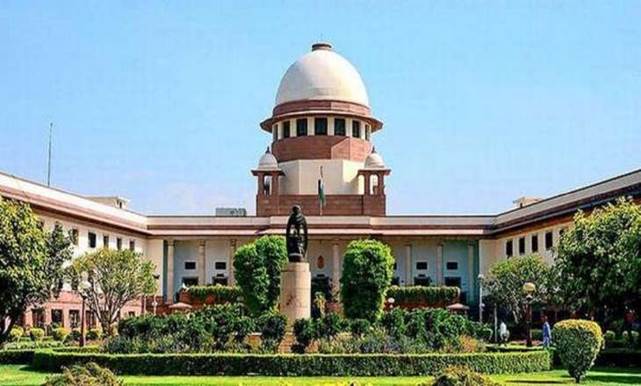Free Courses Sale ends Soon, Get It Now


Free Courses Sale ends Soon, Get It Now



Copyright infringement not intended
In News
Supreme Court
Collegium System for the appointment of Judges
Evolution of Collegium System
https://epaper.thehindu.com/Home/ShareArticle?OrgId=GAIA6FJ2R.1&imageview=0
https://t.me/+hJqMV1O0se03Njk9
© 2024 iasgyan. All right reserved